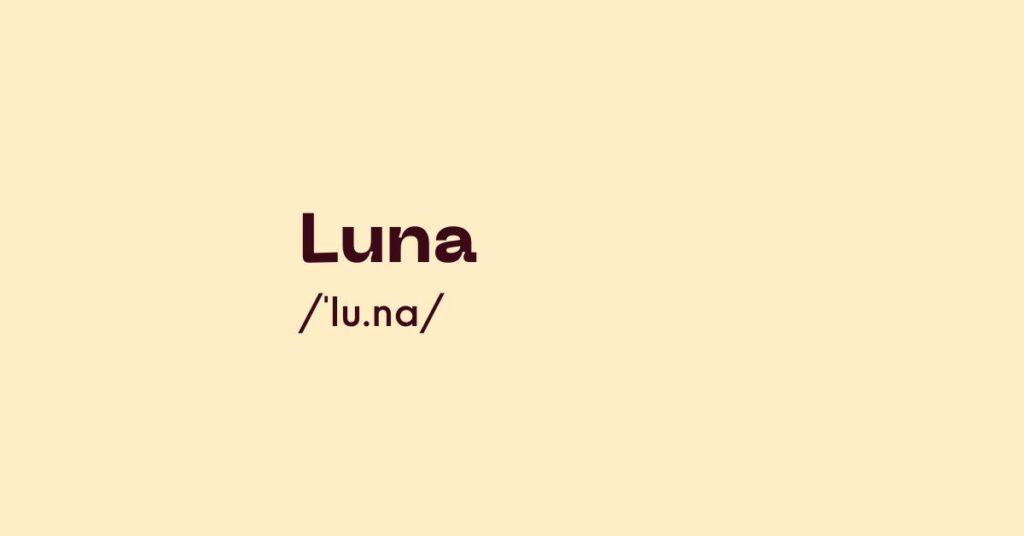Today’s Spanish word of the day is “luna”.
It’s a feminine noun meaning “moon”. It can be used to refer to both the Moon (that orbits the Earth), as well as “moons” in general, for example the moons of Saturn. Like in English, the word is capitalized when referring to Earth’s moon (“la Luna”).
The word “luna” comes from Latin luna, which referred to the Moon and the goddess of the Moon. This is also the root of several English words, including “lunar” and “lunatic”.
Example sentences
La luna se ve muy grande esta noche.
The moon looks very big tonight.
Algunas noches, no podemos ver la luna por las nubes.
Some nights, we can’t see the moon because of the clouds.
La luna controla las mareas.
The moon controls the tides.
La Isla de la Luna es un sitio sagrado en el lago Titicaca.
The Island of the Moon is a sacred site on Lake Titicaca.
La luna tarda el mismo tiempo en rotar sobre su eje que en orbitar la Tierra, por eso siempre vemos la misma cara.
The moon takes the same time to rotate on its axis as it does to orbit Earth, which is why we always see the same side.

